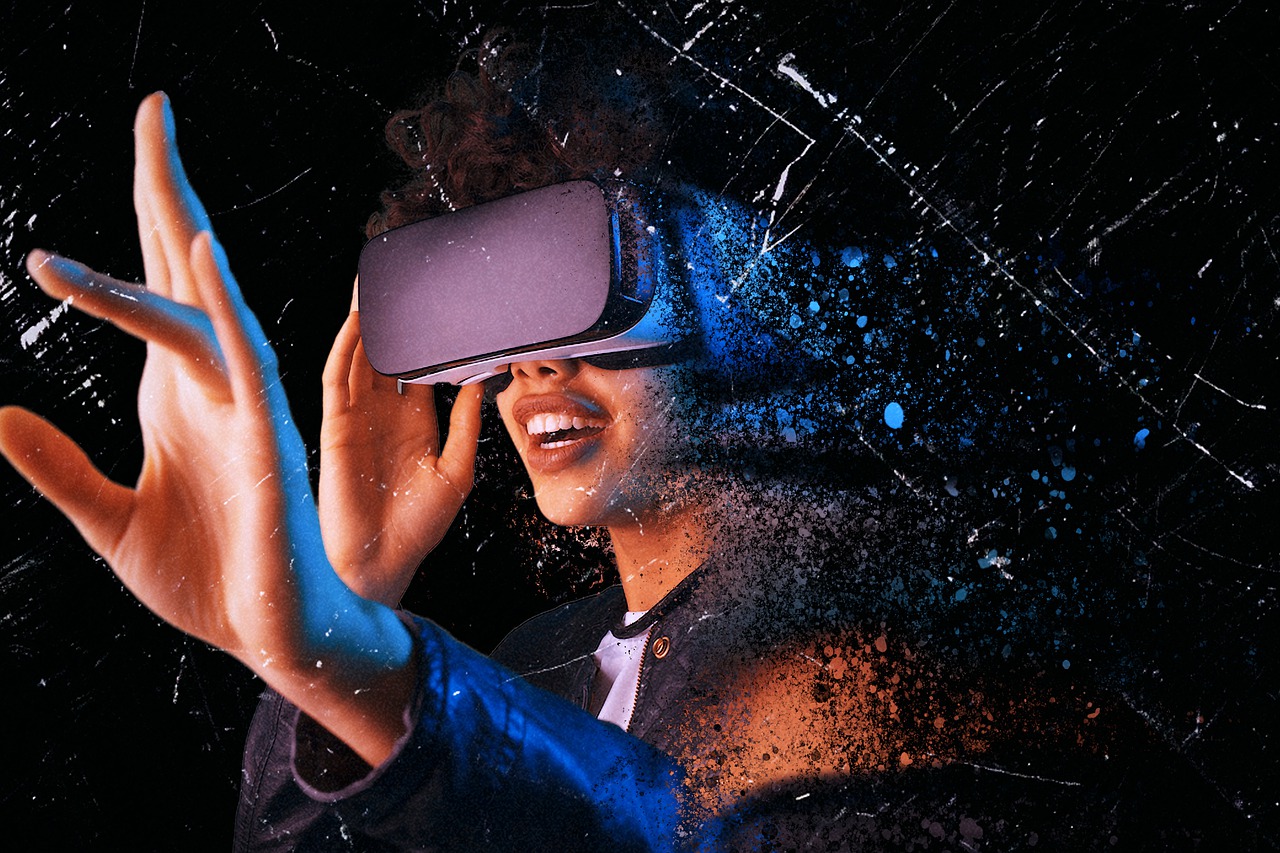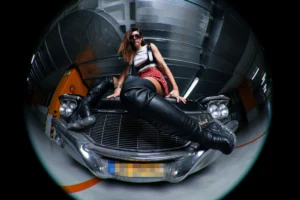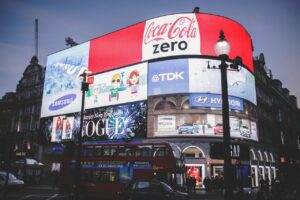Psychic VR Lab launched its Real Metaverse Project on STYLY, the company’s extended reality content creation and distribution platform. The new Metaverse experience allows global STYLY XR creators to place geotagged augmented reality art in a real-world setting.
On October 15th, Psychic VR Lab launched METADIMENSIONS in Shibuya Scramble in Japan to commemorate the new service. Visitors can explore artistic augmented reality visuals using a smartphone camera.
Participants need not scan a QR code to view the project’s augmented reality content. Instead, using STYLY’s geotagging technology, the service automatically displays immersive Metaverse content. The company claims its tracking technology places AR assets in the real world more precisely than QR codes.
STYLY also allows developers to create and place augmented reality assets that mimic the real world, such as building placement and overlaying content on billboards. The technology enables artists to add various XR assets over existing real-world locations. Users can switch between XR layers when using different immersive filters on a site.
The METADIMENSIONS initiative collaborates closely with Japanese brands and artists to demonstrate the platform. The project enables its partners to transform AR representations into NFTs that users can sell on STYLY’s built-in OpenSea marketplace.
In the beginning, the METADIMENSIONS project worked with BOSO TOKYO and Web3 company MAD WORLD HONG KONG to build a distinctive virtual world showcasing sci-fi motorcycle gang culture. Users can view AR visuals through the STYLY smartphone app for iOS and Android.
The geotagged content of Psychic VR Lab is made possible using Google’s ARCore and Niantic’s Lightship AR software development kit (SDK). Using Google’s geospatial API for XR content, developers can overlay intangible assets in indoor and outdoor settings.
Psychic VR Lab’s XR Cityscape Assets platform and other resources are available to developers who want to create geotagged XR content. Tokyo, Sapporo, Nagoya, Osaka, Kyoto, and Fukuoka are the six Japanese cities for which the service currently offers data models.
Follow us on Linkedin.
Read other Articles




